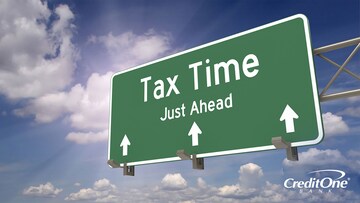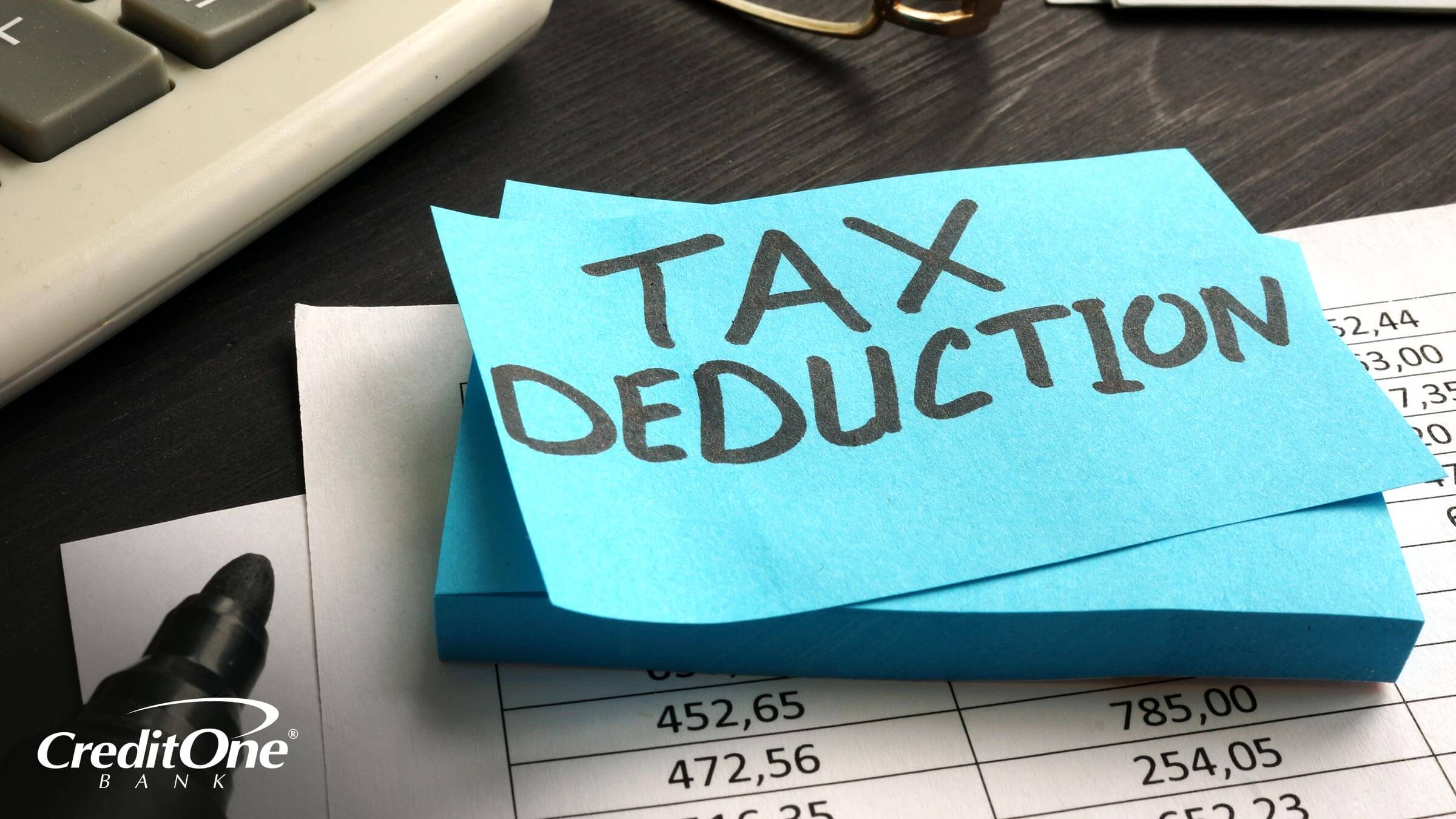
Credit Cards and Itemized Deductions: What to Know Before Filing Your Taxes
February 15, 2023

Benjamin Franklin once said, “nothing is certain except death and taxes.” Taxes are a part of life, and even if some people like to complain about it, the vast majority of Americans don’t mind fulfilling their civic duty to file tax returns at this time of year. But that doesn’t mean they want to spend too much time doing it.
The Internal Revenue Code (IRC) contains more than 9,800 sections of tax law, which may be why most Americans opt for the low-hassle standard deduction when it’s time to file. Now granted, not all of those sections are related to income tax—the IRC also covers estate, gift, excise, employment, and other taxes. But it’s still overwhelming to wade through so much information.
Even though it’s more time-consuming on the front end to itemize your tax deductions, you may be better off doing it if you have high-value deductions that you’re eligible to claim. Before making that decision—or writing a check to Uncle Sam—there are several key things to know about filing federal taxes, and how credit cards can help you prepare them.
Making the Most of Personal Deductions
The list of IRS tax deductions is lengthy, and it’s important to make sure you are taking advantage of every deduction you’re eligible for. Common personal tax deductions include interest paid on your student loan—which doesn’t always need to be itemized—as well as personal property tax, real estate tax, and gambling losses, which all do.
You can deduct any charitable contributions you made during the year, but only if you itemize your deductions. Same goes for medical and dental expenses that exceeded a certain percentage of your income. You can also choose to itemize your general state and local sales taxes or state and local income taxes, but not both.
What Happens When Debt is Forgiven?
Although the IRS usually treats forgiven or canceled debt as income on your federal taxes, there are certain situations when it doesn’t, like in the case of bankruptcy. If you declared bankruptcy last year and had $100,000 in credit card debt forgiven, then you would not be required to report that amount as taxable income. The same is true for student loans that are forgiven under certain conditions, and loans that were given to you as gifts (like from a family member).
And if property collateral was seized in the process, like with a repossessed car, you might only have to claim the remaining value as income (the difference between the amount owed and the fair market value of the seized asset) because you “sold” the item back to the creditor. But that’s only if you had a recourse loan, which holds you personally liable for the full amount. With a non-recourse loan, you’re not liable beyond the item you bought—or the collateral backing the loan—so you usually end up with a loss rather than taxable income.
Which Business and Interest Expenses Are Deductible?
Small business owners get a break from the government during tax season, as most expenses incurred in running a small company are considered tax deductible. That includes start-up costs, rent expenses, interest accrued on business loans, and costs related to using your home or vehicle for business purposes.
And while interest on personal credit card debt is never tax deductible, interest is tax deductible on business credit cards. One caveat: the charges must be strictly business-related, and you’ll need to identify them as business expenses when preparing your taxes. In other words, personal purchases made on a business credit card cannot be deducted.
Keep in mind that meals and entertainment are usually not fully deductible, with the exception of 2021 and 2022 tax returns. Those years allow 100% enhanced business meal deductions as a post-COVID stimulus measure. Normally you can only deduct 50% of the cost of a restaurant meal, even if you used your business credit card and only discussed business-related issues during the meeting.
Meals at an entertainment venue, while usually non-deductible since 2017, might qualify for deductions of 50% for 2021 and 2022—as long as the meal or beverages are on a different receipt from the entertainment (but you still can’t write off the entertainment itself).
Using Credit Cards as Tax Tools
It’s impossible to remember every expense over the course of a year, which is one reason an expense tracking system is so important during tax season. But you don’t necessarily need anything too fancy to get the job done.
When preparing your taxes, refer to your credit card statements for a snapshot of how much you charged, when you charged it, and when you paid for it. The IRS requires documentation for all itemized deductions on taxes, and you can use credit card statements to verify your claimed expenses and demonstrate proof of payment. Some credit card companies even provide a year-end statement summary so you don’t have to go through each month.
Be sure to also keep all related receipts, though, to show exactly what you purchased. And if you have used multiple credit cards, or combined credit card usage with debit cards, checks or online payment platforms, make sure you cross-reference purchases with those. Some may show up twice—for example, if you used an online platform like PayPal but chose your credit or debit card as the payment source during the transaction. In those cases, only add the expense once.
Conclusion
You absolutely have the right to take all the tax deductions you’re eligible for. Whether you go the itemized route or take the standard deduction when filing taxes, choose the option that reduces your taxable income the most. In some cases, going through the itemization process first is the only way to know which is better for you—or consulting with a tax professional.
Either way, consider using your credit card to make organizing and preparing your taxes easier, and educate yourself on what’s deductible and what’s not so you can keep more of your hard-earned money in your pocket rather than Uncle Sam’s.


